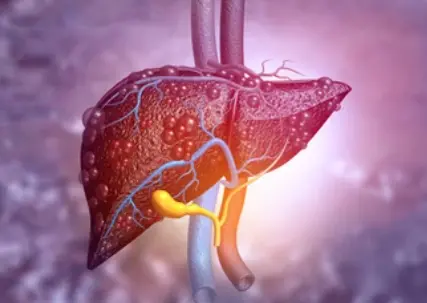 Welcome
Welcome
“May all be happy, may all be healed, may all be at peace and may no one ever suffer."
Anesthesia adjunct - Generics
An anesthesia adjunct is a medication or technique used in addition to general anesthesia to help achieve optimal anesthesia and reduce the risk of complications during a surgical or medical procedure. The use of anesthesia adjuncts can vary depending on the patient's medical history, the type of procedure, and the anesthesia technique being used.
Some common examples of anesthesia adjuncts include:
- Local anesthetics: These are medications that are injected or applied topically to numb a specific area of the body. Local anesthetics can be used in addition to general anesthesia to help reduce the amount of general anesthetic needed and to provide additional pain relief.
- Opioids: These are pain-relieving medications that can be administered either intravenously or inhaled to help manage pain during and after a surgical procedure. Opioids can also help reduce the amount of general anesthesia needed, but they can have side effects such as nausea, vomiting, and respiratory depression.
- Benzodiazepines: These are sedative medications that can be used in addition to general anesthesia to help reduce anxiety and promote relaxation. Benzodiazepines can also help reduce the amount of general anesthesia needed, but they can also cause drowsiness and respiratory depression.
- Neuromuscular blocking agents: These are medications that are used to temporarily paralyze the muscles in the body, making it easier to perform certain surgical procedures. Neuromuscular blocking agents are typically used in combination with general anesthesia and require careful monitoring to ensure that the patient remains adequately ventilated.
The use of anesthesia adjuncts is carefully monitored by an anesthesia provider to ensure that the patient remains safe and comfortable throughout the procedure. It's important for patients to discuss any concerns or questions about anesthesia adjuncts with their healthcare provider prior to a surgical or medical procedure.

Infiltration anesthesia

Liver cirrhosis

Oliguric phase of renal f...

Pediculosis pubis
Acid regurgitation

Skin fungal infections

CAD

Vasculitis
Anesthesia adjunct, অ্যানাস্থেসিয়া সংযোজন
To be happy, beautiful, healthy, wealthy, hale and long-lived stay with DM3S.